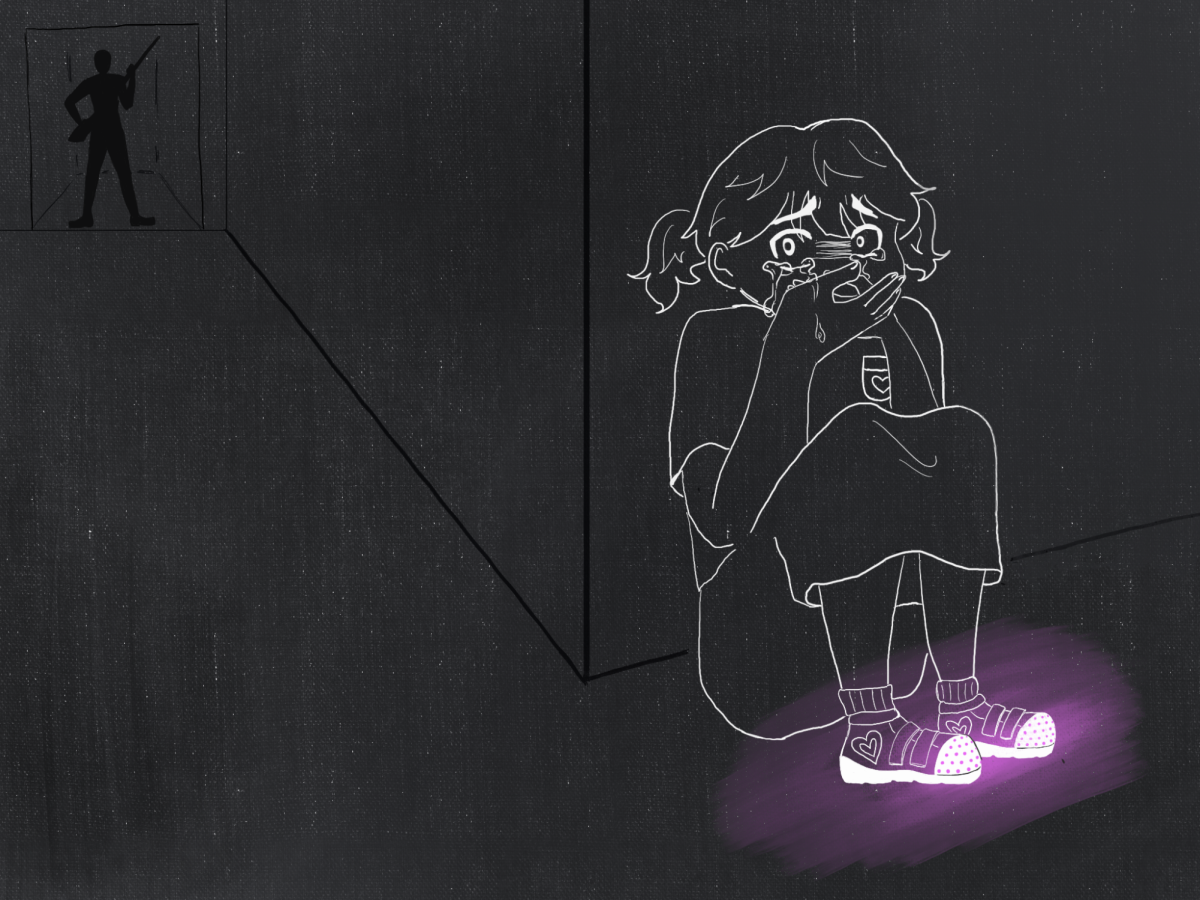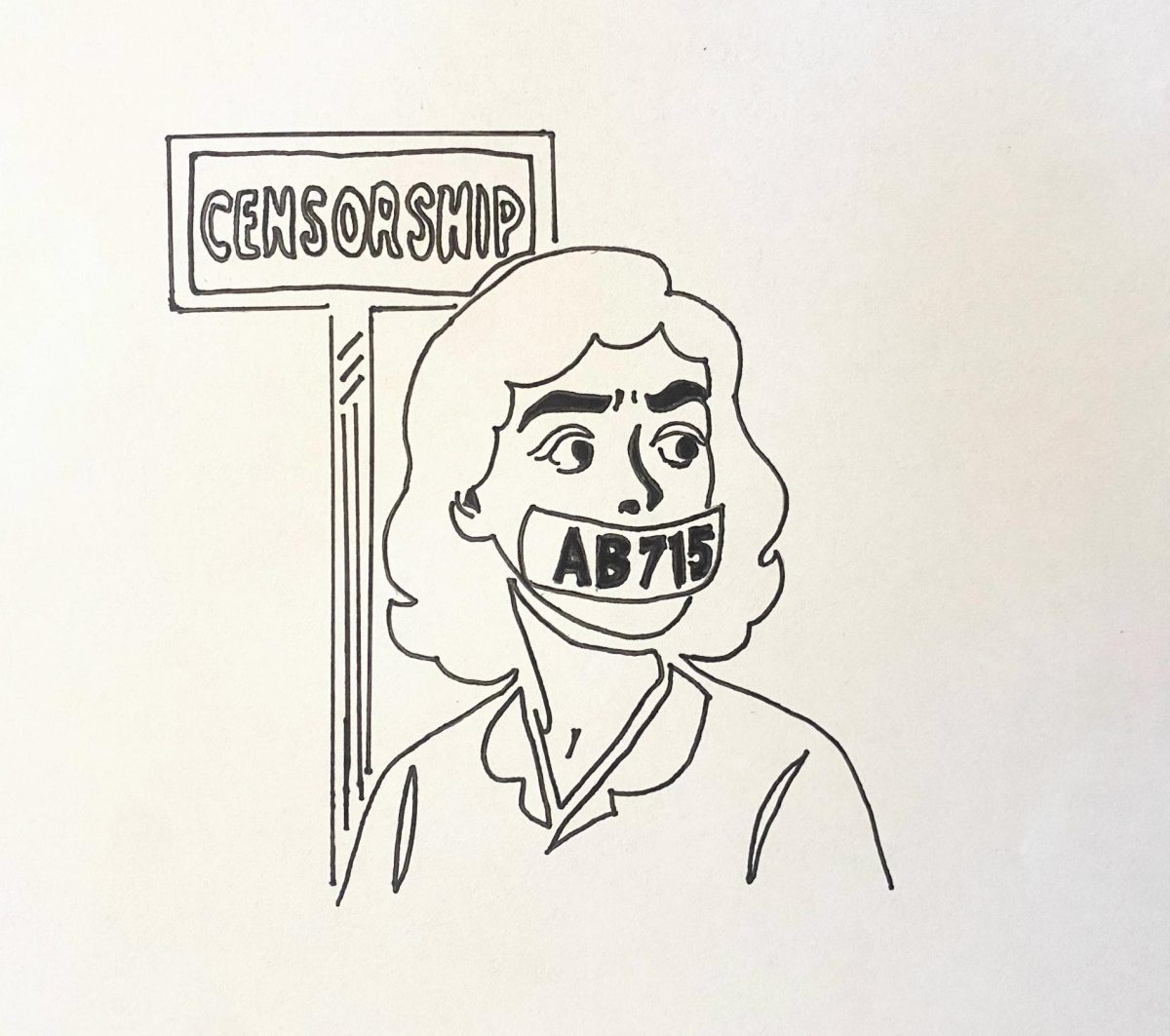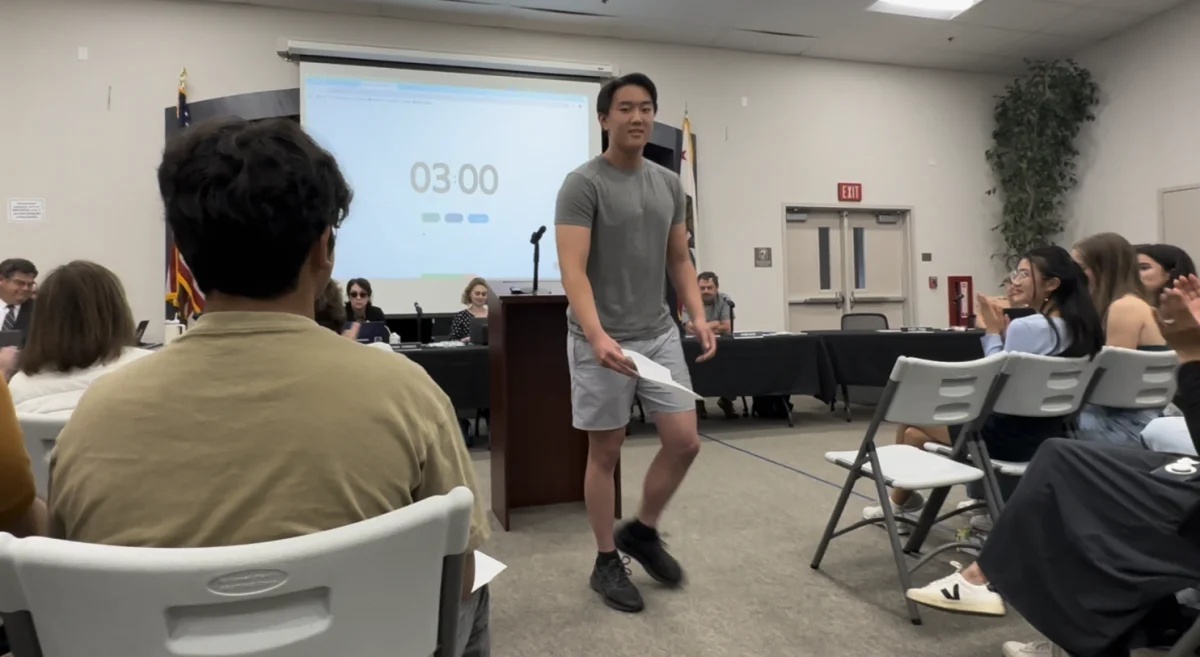Let’s face it, you will probably never use most of what you learn in high school the rest of your life. From the names and lives of dead white men to mathematical formulae written in symbols invented by people belonging to another time, another place — few students can realistically imagine using any and all of this information in their lifetime. This begs the question: What do students really get from high school?
Some may see high school as just a stepping stone to college. Others may believe this time can be better spent earning money at a job or developing trade skills. Why are students told to jump through such hoops for four years? High school is intended to prepare adolescents for the challenges life ultimately brings, and these essential skills will become necessary no matter what path a student may chose.
Stemming from the Progressive era belief in providing opportunities to all Americans through unlocking their full potential, public education was purposefully designed to not be based in a single industry or occupation. Like the American economy, graduates of the education system are supposed to be flexible and widely adaptable to changing circumstances.
“The big premise of education is that … we’re going to make [students] as prepared as possible,” math teacher Michael Richardson said. “It’s all about trying to predict what will open the most doors in the future. Whether the students want it or not, we want to open those doors so if they want to change their mind in the future, then they can.”
As a matter of course, LAHS teaches all the facts a student should know before entering higher-level college classes. The school’s comprehensive curriculum, composed of classes reaching AP-level across all types of humanities, scientific and mathematical subjects, gives a student who works to enter the best universities in the country the skills and preparation to do so. However, universities do not merely look for the facts a student knows, but how a student learns and interacts—skills far more important in a constantly-changing world.
“Literature is really about the human experience,” English teacher Keren Robertson said. “… As English teachers, what we want to do is help students think more deeply about what it means to live well and the problems facing humanity. Those are life skills—you want to be able to think critically about the world around you, make some sense of it and have an opinion about it. That’s one of the primary goals about reading books and writing about them.”
Although not everyone will go to a four-year university, being able to think critically and tackle problems with logic is important in any career or decision a person will make in their life. High school education makes students think in a way that educators believe allows current students to make better life choices, and better understand the world around them. The American education system strives to ensure that everyone starts on a level playing field, and so no one gets taken advantage of because they have the essential knowledge and skills to succeed in any career.
“I would say the biggest value [of a mathematics education] is just the logical way of thinking, so that people don’t trick you or take advantage of you for the rest of your life,” Richardson said. “You start to actually think about numbers, and then when someone tells you a fact or a number, you can think ‘Huh, that doesn’t really make sense, I don’t think I believe you,’ instead of just believing everything you hear.”
For everyone, high school can be worth it just because students experience many of the highs and lows of real life before actually being thrown into the tumult of the world. High school can be both fun and boring, exciting and tedious. Students have the opportunity to make friends that will stay with them for the rest of their lives; high school is also a place where students have to think hard, work hard and do things they’d rather not. Just like life.
“If you are forced to work with people you don’t like on a project for your grade … you learn that sometimes in life you encounter people you don’t like and you learn to be able to work with them,” junior Lillian Zhou said. “When it comes down to people skills, it doesn’t matter so much what you’re doing, but that you learn to work with other people.”
In order to advance in any career, students will need to know how to solve problems, cooperate with people and be competitive in the tasks they are asked to complete. High school is a place where students can try to accomplish all those things without a boss hovering over their shoulder and quotas to meet. Understanding that these four years are an opportunity to learn essential life skills should be reason enough to push a student through four years of literature analysis essays and geometry proofs.








